Born in Switzerland in 1984, ceramicist Laurin Schaub consistently pursues current issues of design in the field of tension between traditional craftsmanship and new technology. After a lot of experience in traditional manufactories, a postgraduate degree at the HEAD in Geneva and several years of teaching at the School of Design in Bern, he now focuses exclusively on his work as a designer in his own studio. Laurin Schaub has received several awards for his work.
Course Program:
Day 1.
We will explore the question of how clay is formed and what it consists of. In doing so, we will examine the different types of ceramic bodies such as stoneware, porcelain, earthenware, and terracotta – their properties, differences, and applications.
We experiment with mixtures and observe how different types of clay behave. Additionally, we focus on the composition of clay bodies and their plastic properties. What distinguishes fatty clays from lean clays? What are they suited for, and how can clay bodies be adjusted with additives to achieve specific results?
Day 2.
How can the different consistencies of clay – liquid, plastic, leather-hard, and dry – be utilized? What consistency is needed for each purpose?
We process dry clay into a casting slip and an engobe, and explore the properties of leather-hard clay. In doing so, we learn how each consistency can be optimally used for different ceramic techniques.
Day 3.
On the third day of the course, we will focus on the study of ceramic raw materials. Building on the experiences from the previous days, we will use the test bodies we created to dive deeper into the world of mineral raw materials, colorants, metal oxides, chemical additives, as well as toxicology and safety knowledge.
Day 4.
The focus now shifts to surface treatment before firing. The emphasis is on the use of colorants to tint clay bodies and engobes, as well as for underglaze colors. We will experiment with simple Neriage techniques, develop colored engobes, and learn a practical method for creating color blends.
Day 5. and 6.
On days 5 and 6, we will learn the basics of glaze development. We will start with theoretical foundations, mixing methods, and the step-by-step development of our own glaze. Along the way, we will deepen our understanding of the composition and properties of glazes.
Starting with various basic recipes, we will develop a glaze in two stages and apply it practically. Additionally, we will focus on the final stage: How do you work on a fired glaze? For this, we will explore different overglaze techniques.
Day 7.
The 7th day of the course is dedicated to firing. We will address questions such as: What happens during firing, and what firing techniques are there? How does the ceramic behave in the kiln, and what should be considered when creating a firing schedule?
The day will be accompanied by a simple wood-fired kiln firing. The course day will take place in my workshop in Büren zum Hof (BE).
Day 8.
Day 8 is the final day of the course. We will display all the results and go through the course content together. In doing so, we will recognize connections and develop an integrated understanding of the basics of ceramic technology.
At the end, all participants will present their work, and the course will conclude with the awarding of an in-house certificate.
- Course teacher: Laurin Schaub
- Language: German
- Class duration: 36 hours
- Number of participants: Min. 4, max. 6
- Only for persons aged 16 and over
- Material costs are included.
- Note: No warranty claims. Liability lies with the participating persons.
Cancellation conditions
Cancellation conditions:
-
Cancellation by participants: No refund for cancellations within 4 weeks before the start of the course or after the start of the course. Free cancellation 6 or more weeks before the course starts. We charge a fee of CHF 50 for cancellations 4-6 weeks before the course starts.
-
Course cancellation by organiser: If the course is cancelled by the organiser, the course fee will be refunded in full.
-
Substitute participant: Admission of substitute participants is permitted.
-
Course changes: Organiser may change course details; participants will be informed in time.

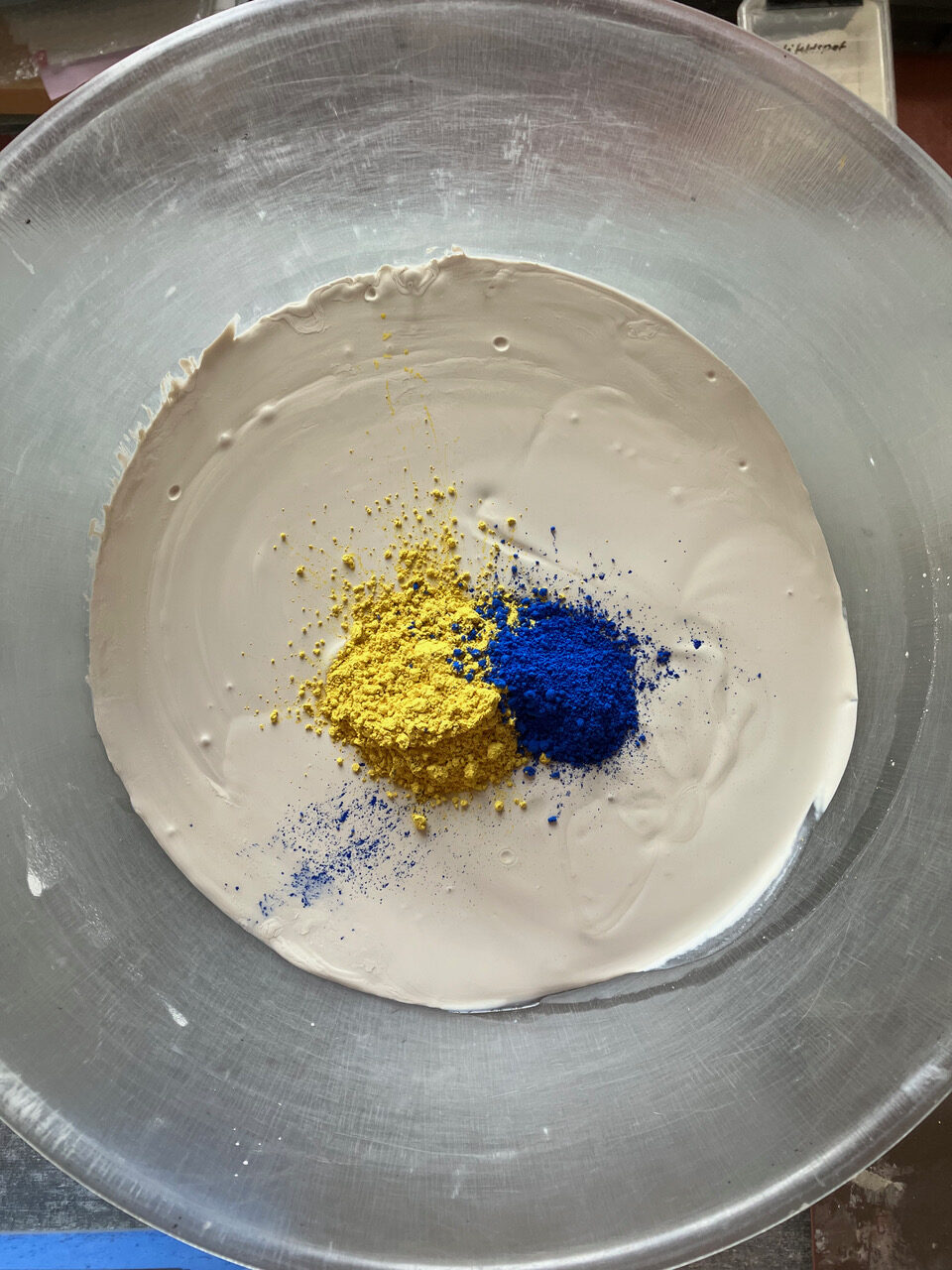



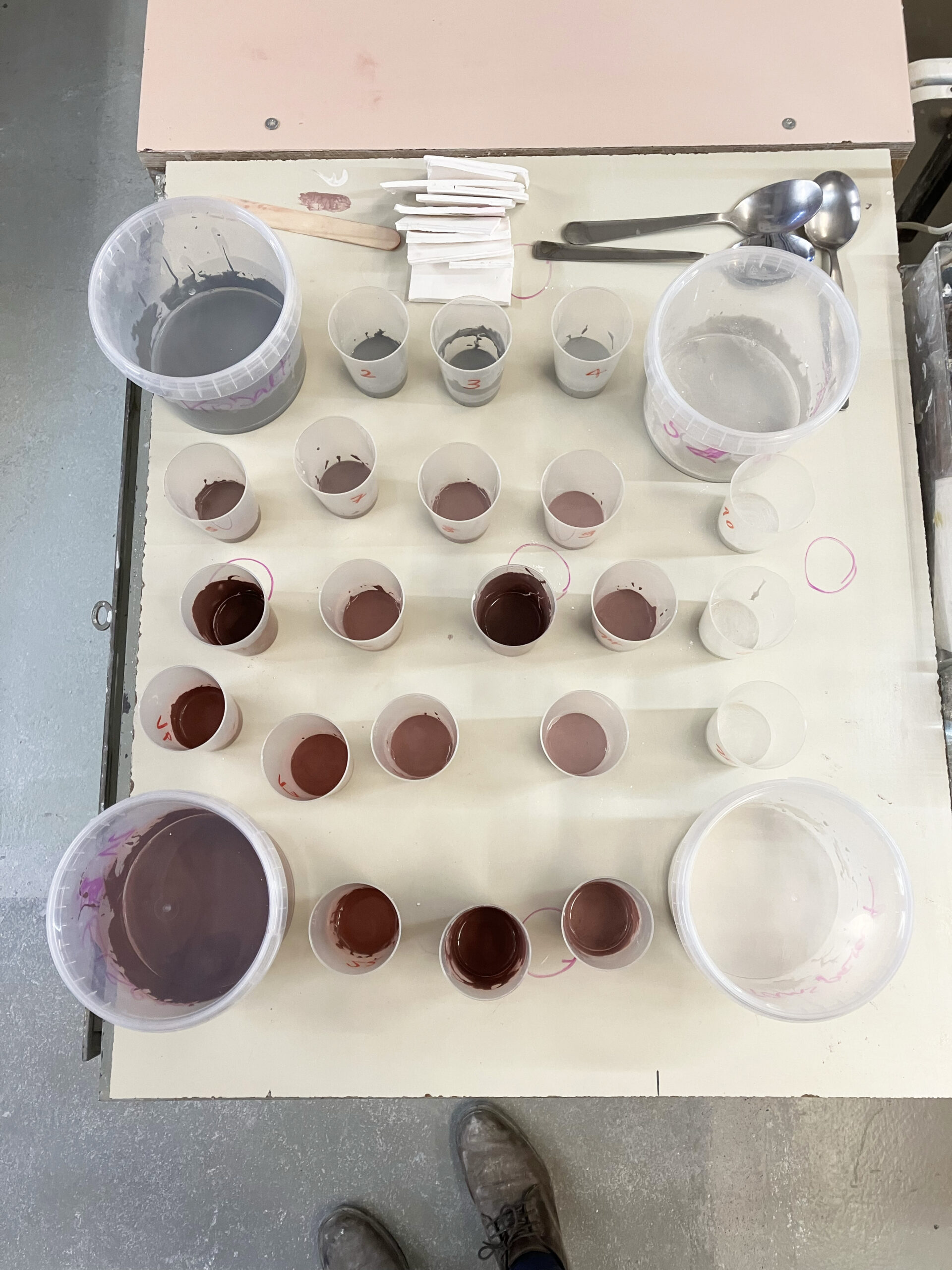
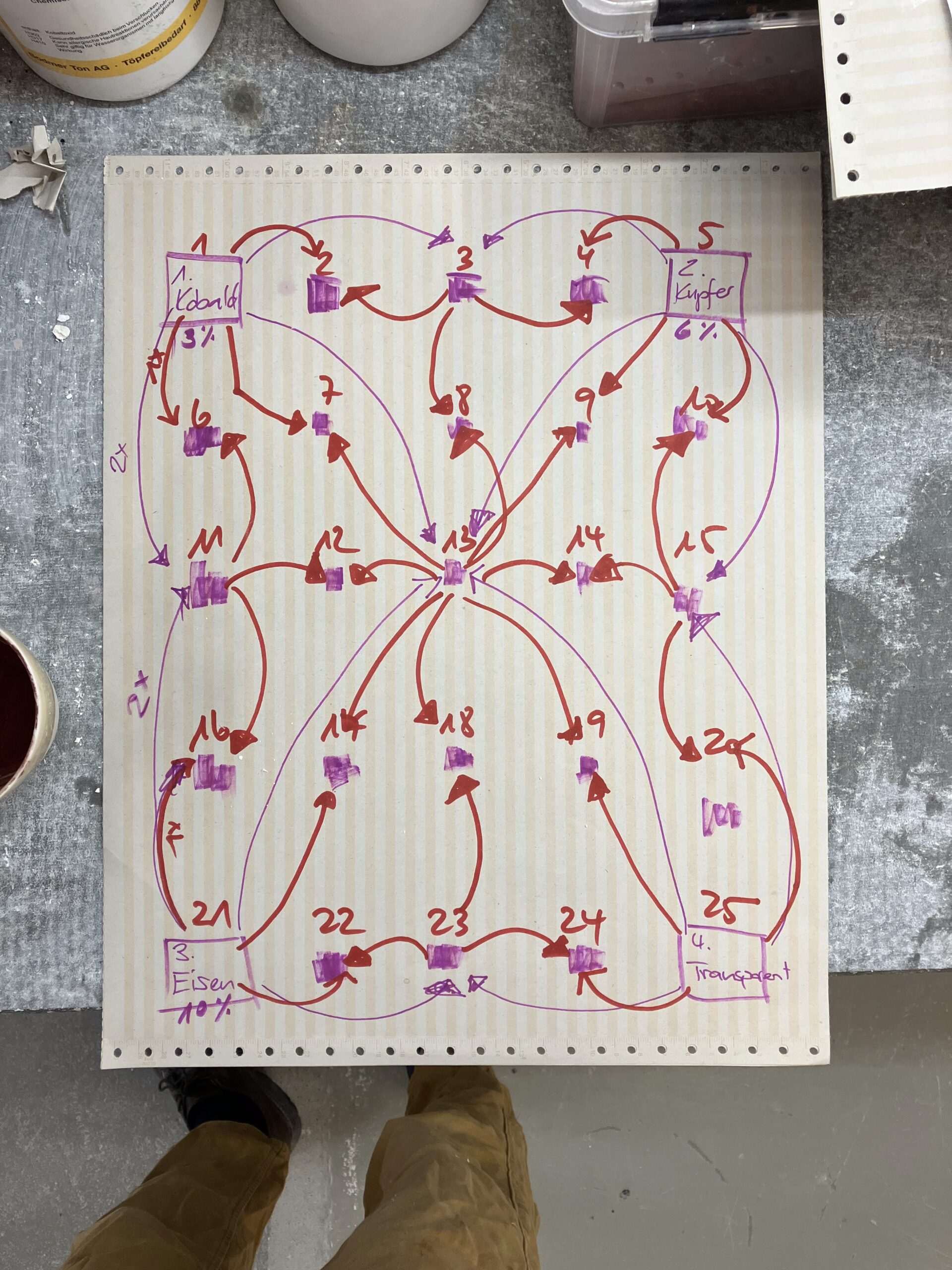
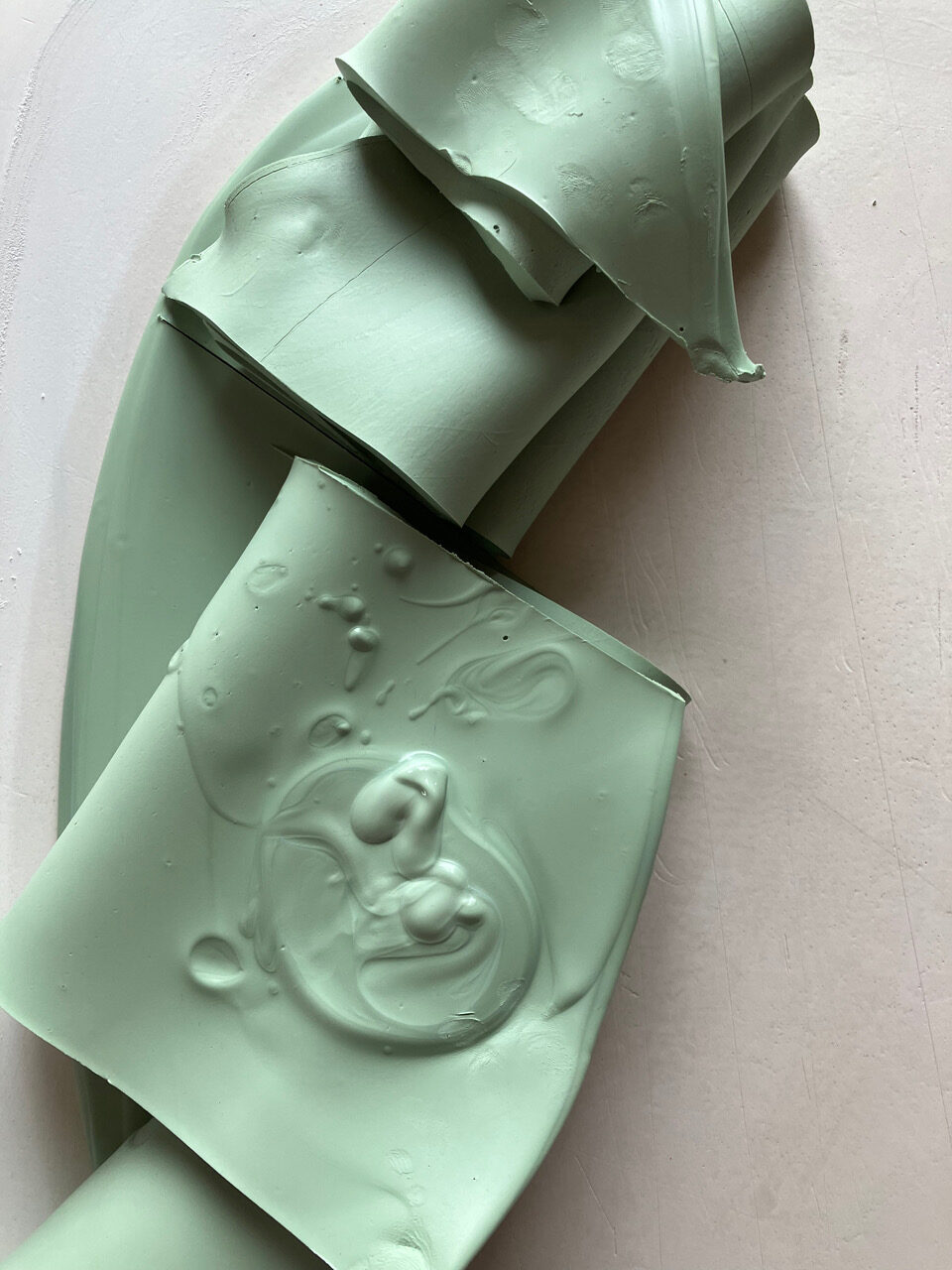
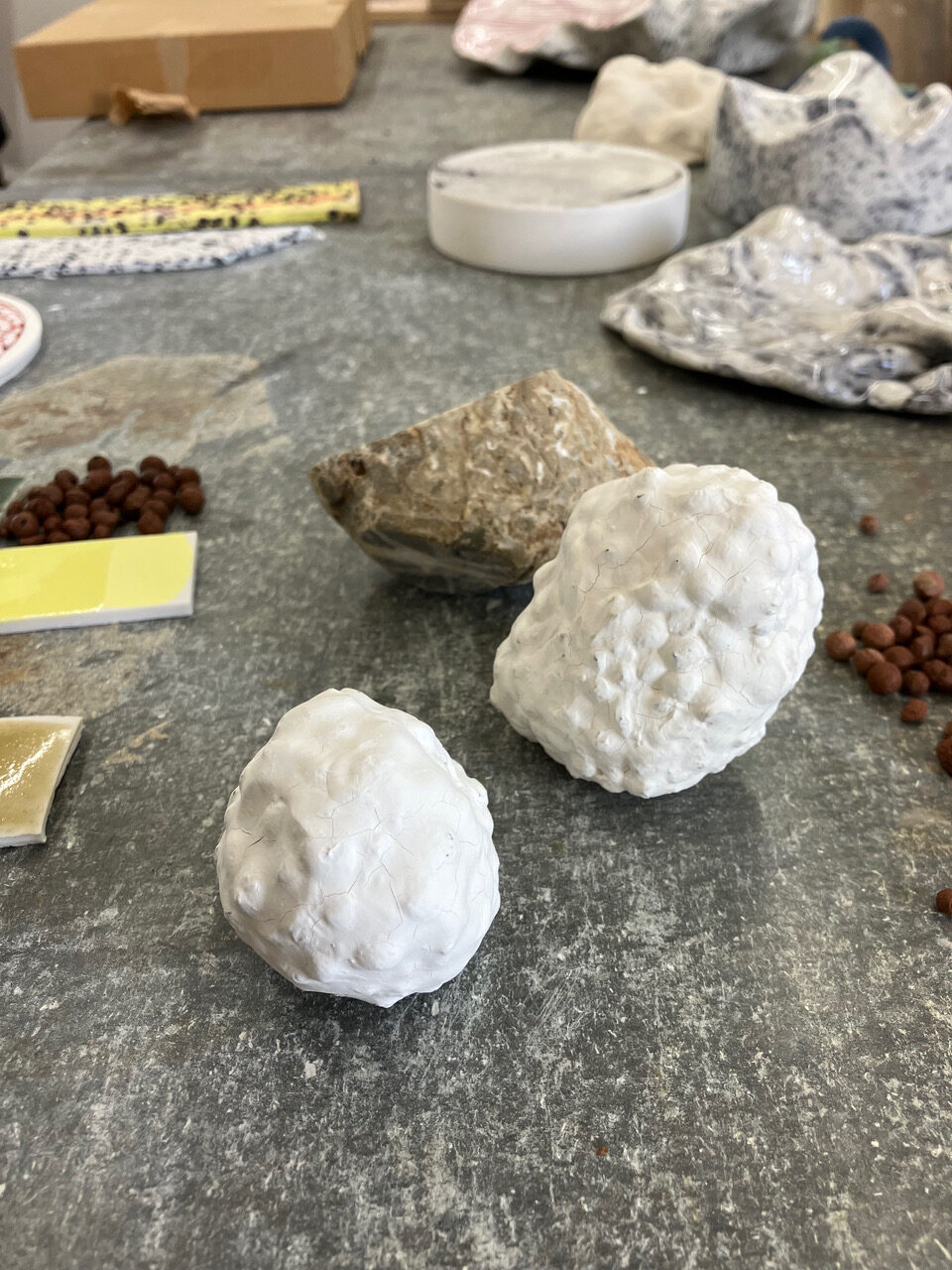
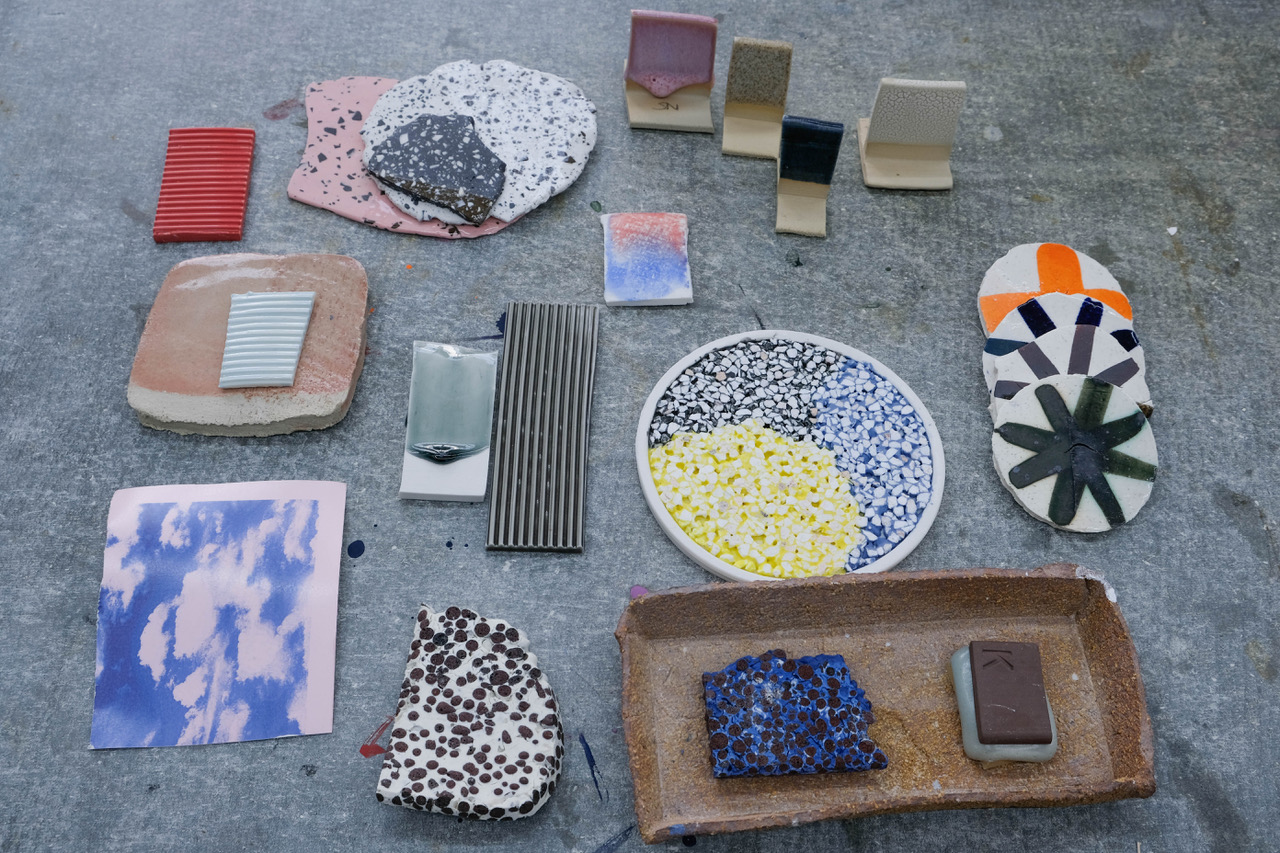

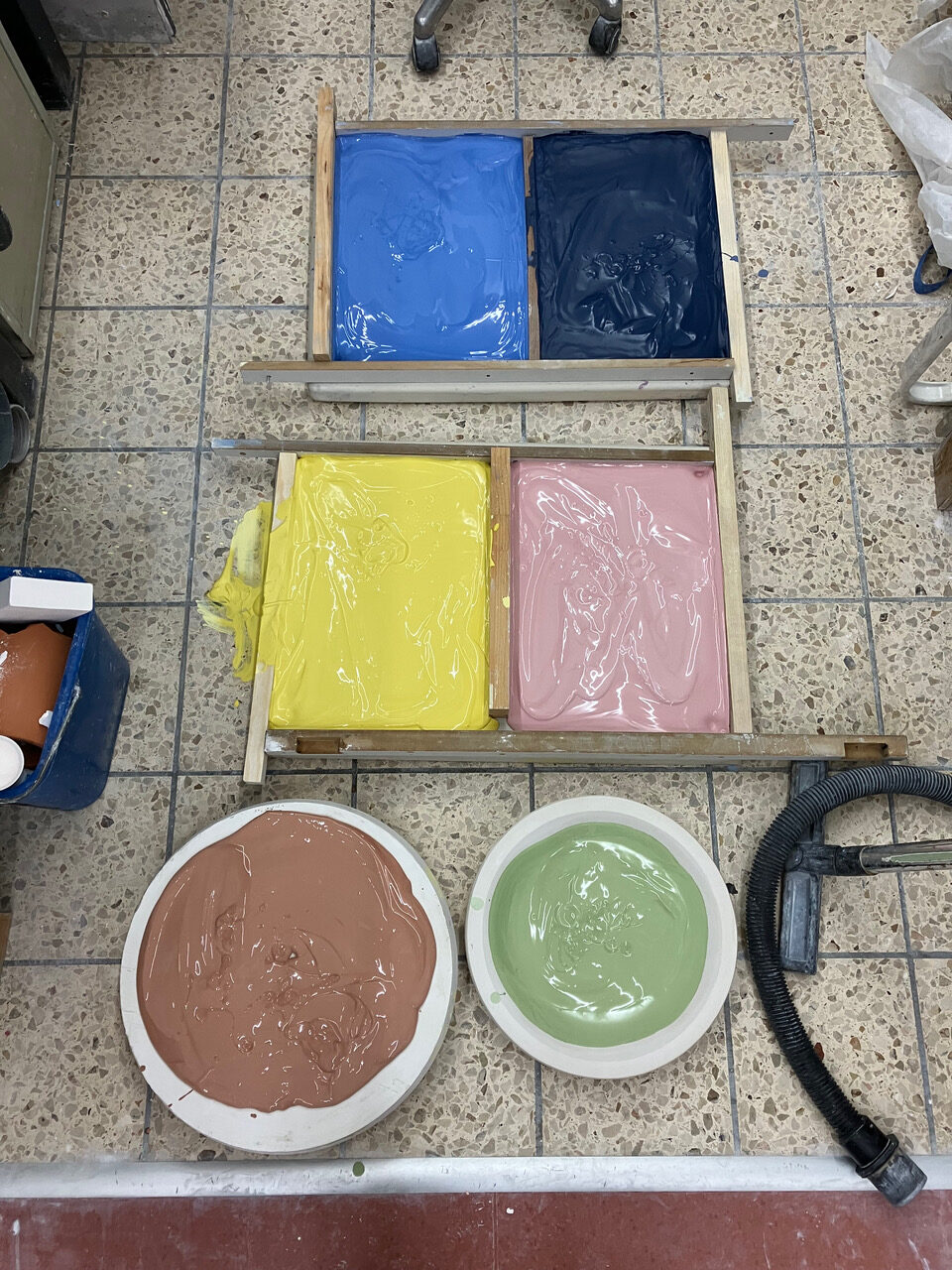
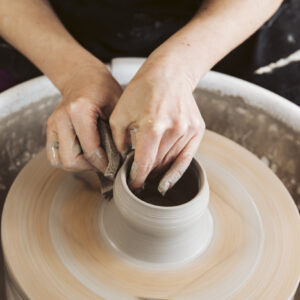
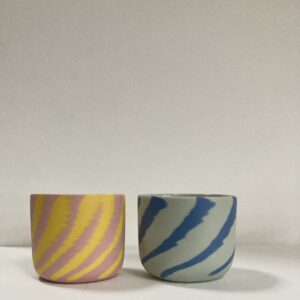
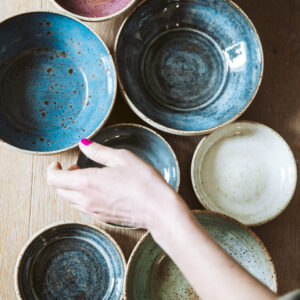
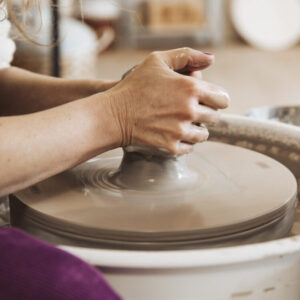
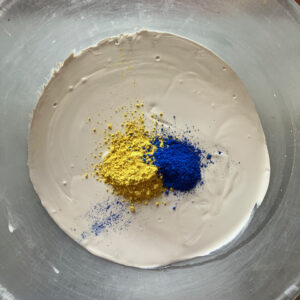

Reviews
There are no reviews yet.